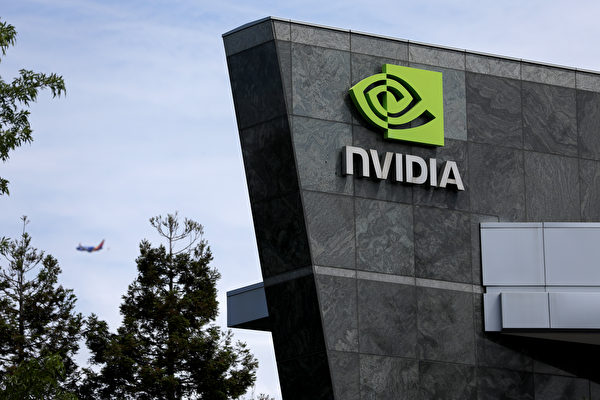Nvidia’s CEO Jensen Huang took the stage in Taiwan on Monday with an announcement that signals another leap forward in the global artificial intelligence race. During his presentation, Huang revealed that Nvidia (NASDAQ: NVDA) plans to build Taiwan’s first AI supercomputer, a move that highlights both the company’s technological ambitions and Taiwan’s growing role in the world of advanced computing.
Huang’s announcement comes at a time when the demand for AI infrastructure is soaring worldwide. By positioning Taiwan as a hub for cutting-edge AI development, Nvidia is not only expanding its global footprint, but also tapping into the region’s established strengths in semiconductor manufacturing and high-tech innovation. Taiwan is already home to some of the world’s most advanced chipmakers, and the addition of a major AI supercomputer could further solidify its reputation as a technology powerhouse.
The new AI supercomputer is expected to accelerate research and development in fields ranging from healthcare to autonomous vehicles. By providing local researchers and companies with access to advanced computing resources, Nvidia aims to foster innovation and help Taiwan’s tech sector stay competitive on the international stage. The project will likely attract attention from academic institutions, startups, and established firms eager to harness AI for everything from language processing to robotics.
This announcement is the latest in a series of moves by Nvidia to cement its leadership in the AI sector. The company’s graphics processing units (GPUs) have become the backbone of machine learning and deep learning applications worldwide. As AI models grow larger and more complex, the need for powerful, specialized hardware has only intensified. Nvidia’s strategy has been to provide not just the chips, but also the full-stack solutions-including software and infrastructure-that organizations need to deploy AI at scale.
By investing in a flagship project in Taiwan, Nvidia is sending a clear message about its commitment to the region and its belief in the future of AI-driven innovation. The company’s decision to build a supercomputer there also reflects the increasing importance of localizing advanced technology infrastructure, especially as countries seek to ensure access to critical computing resources.
For investors, the announcement underscores Nvidia’s ongoing efforts to diversify its global operations and capture new markets. The company’s stock has been a standout performer in recent years, driven by surging demand for AI hardware and software. Projects like the Taiwan supercomputer could provide additional momentum, especially if they lead to new partnerships or open up opportunities in Asia’s fast-growing tech ecosystem.
While details about the timeline and specific partners for the supercomputer project have yet to be disclosed, the initiative is already generating buzz in the tech and investment communities. It’s a reminder that the race to build next-generation AI infrastructure is far from over, and that companies like Nvidia are determined to stay at the forefront.
As AI continues to reshape industries and economies, the ability to access world-class computing resources will be a key differentiator. For Taiwan, hosting its first AI supercomputer could mark the beginning of a new chapter in its tech story. For Nvidia, it’s another step in a journey that shows no signs of slowing down.

